Heavy and hot, like a duvet, the night covers Havana... The nights are all the same: put out the lights – and the darkness will paint the dome of the Capitol and the cathedral's towers with an even grey colour and hide the unpretentious appearance of slums and throw a black drape over the beloved tourist streets... While the lights are burning, Havana is alive – it drinks and dances, throwing out the past day with laughter, movement and love. The old city with a young soul, where it seems: drop in any bar with a creaking wooden chair – and at the next table you will see the Pope Hem, Ernest Hemingway, who came to drink his evening portion of rum...
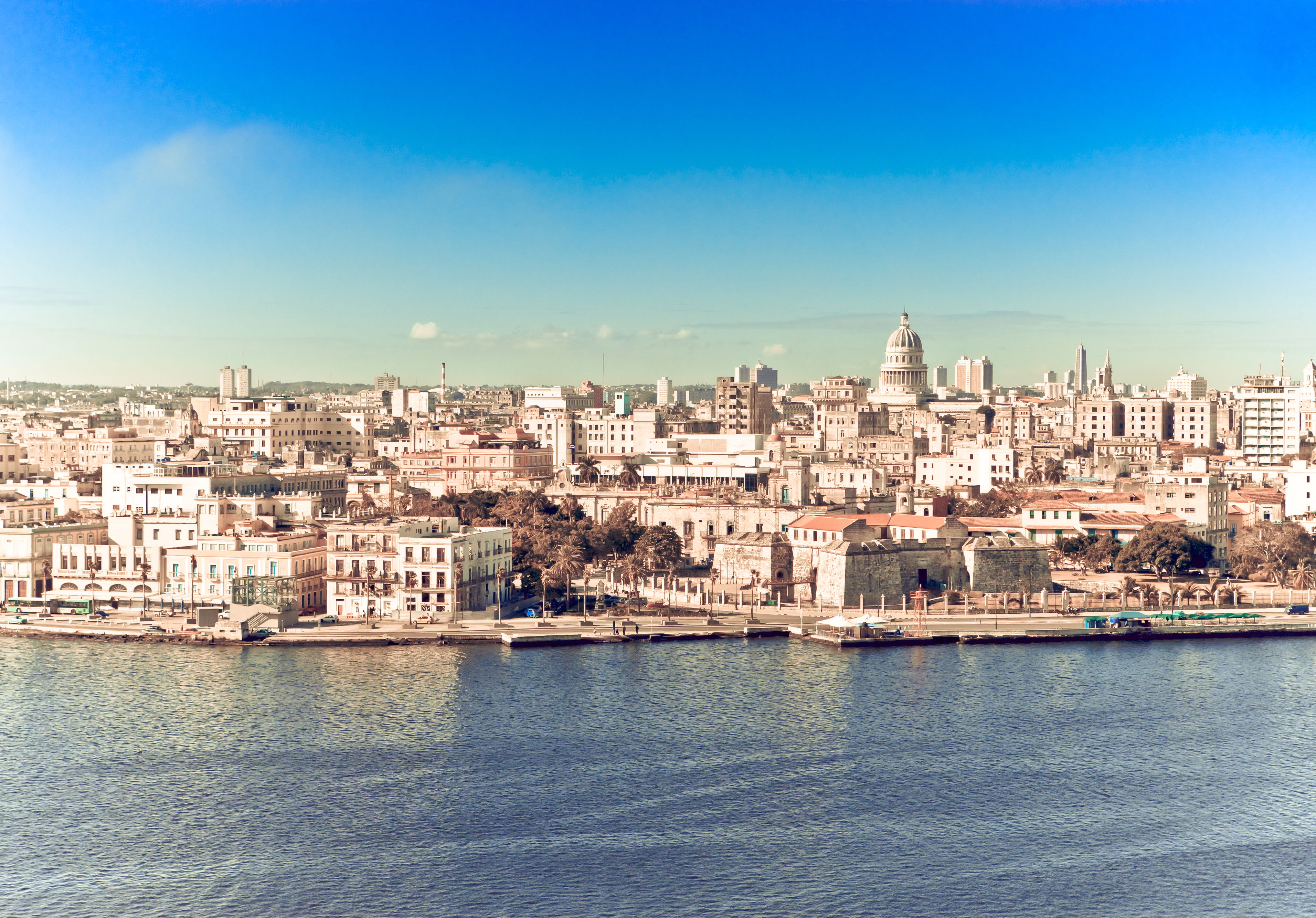
All articles about Cuba are just an incredible amount of cliches and patterns, wandering from author to author. What do we know about Cuba, besides the fact that the best cigars in the world and excellent rum are produced here, the streets are full of old cars, and at the helm there are a few old men who firmly clutched at it with their arthritic fingers? To tell something really worthwhile about Cuba, you must either live here, spend days harvesting reeds – hellish work for twenty dollars a month – or be damn talented and write something like “The Old Man and the Sea”. I don't think you are aspiring for the first option. And I want to believe that you will ever get the second.
Oh yeah, if you keep talking about clichés: Cuba is often called the Island of Freedom and the country of victorious socialism. Two beautiful definitions, completely and absolutely excluding each other. Cuba is fun and crazy. But in its life-joy, in the rhythms of Latin, pouring from the columns arranged here and there, in the portraits of Che Guevara hung everywhere, looking closely, you can see the second bottom, which, however, is not particularly hidden. Cuba is poor as a church mouse. Cuba has not been moving anywhere for fifty-seven years, from the very moment that “the cause of the revolution won”.
Behind is a half-century of isolation from the powerful and closest neighbour – the United States. Ahead, despite the “Cuban thaw”, there is complete uncertainty... Perhaps most of all Liberty Island now resembles... a puppy who spent a long and boring day locked up alone, but then it was let out on the lawn. Intoxicated by freedom, the puppy rushed through the grass, got tired, lay down and did not want to go anywhere else. He lies on the grass, soaking up the sun, and sleeps.
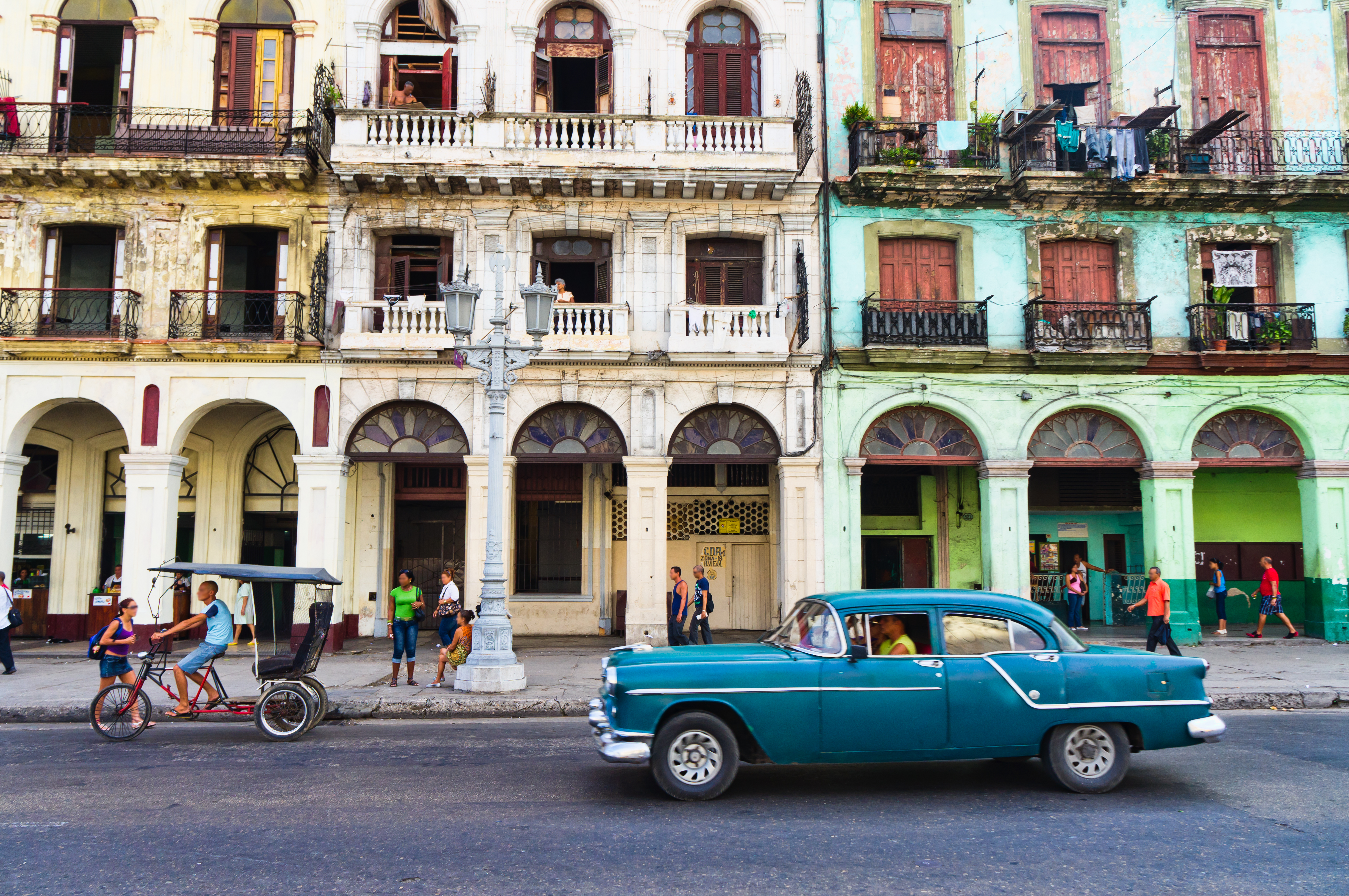
In the same way, by exposing its sides to the sun and ocean waves, Cuba also fell drowsy. When there is too much freedom, there remains a strange aftertaste of it: at first, it turns into restlessness, and then into nothingness. As for socialism, it is with the example of Cuba that one can observe how unpromising and unviable this model is. Yes, there is free education, and very good medicine. But at the same time, there is an absolute shortage of gasoline, meat, fish, electronics, personal hygiene products, and indeed of everything vital. The local currency – peso – is good only for confetti. Tourists pay for all services exclusively in convertible pesos – the second local currency.
Of course, after spending a vacation somewhere in Varadero – a fashionable tourist zone, built especially for wealthy Europeans, whose white skin is perfectly tanned under the Cuban sun, you can never see anything. You can move between the hotel and the beach, sipping Cuba Libre, and never know what Cuba really lacks. And one thing is missing here – money! Dollars, dollars – that's what Cuba and Cubans need. It's amazing how much a green piece of paper – a symbol of capitalism – means in a country that has fought against this very capitalism all its life. For dollars here, you can buy everything from shoes to a friend for the night.
Since 2010, living in Cuba has become a little easier: Old Castro expanded the list of types of businesses that individuals can do – thus he allowed the citizens to earn money from tourists. According to the old socialist tradition, the most serious economic reform in half a century was enveloped in a beautiful and dramatic wrapper: they say, “a matter of revolution is in the balance”, “we save our socialism” and other high-sounding phrases whose essence boiled down to one thing – without a good push, Cuba’s economy will not start. Despite all this, Cuba is fascinating. The beauty of Cuba in its inhabitants, smiling, beautiful and very alive.
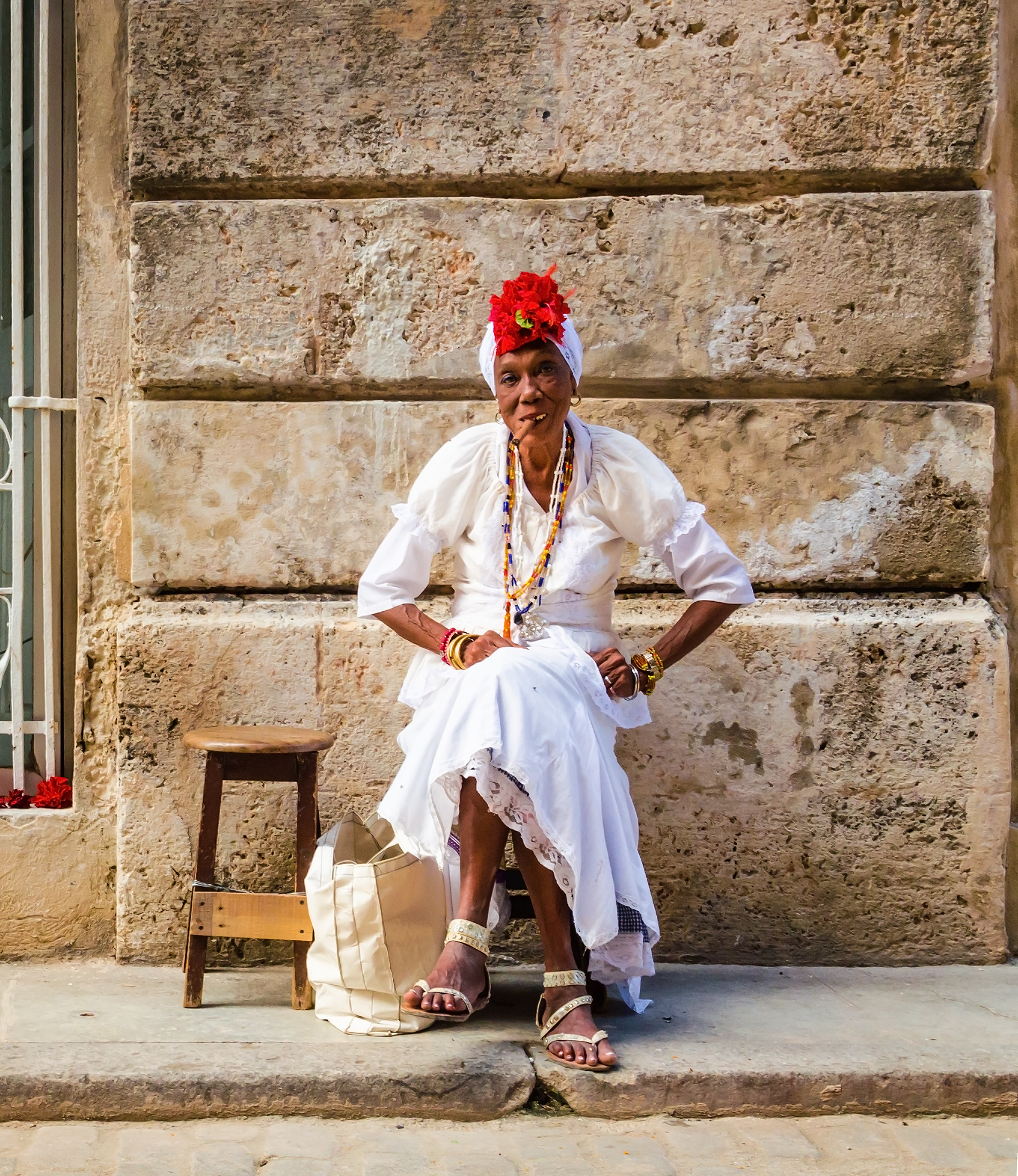
In Havana, which depends on the tourists` expenses for living, you may not have the best impression on Cubans: they are cunning, a foreigner is another means for them to make a few “cookies” – those same convertible pesos. But this feature unites residents of all cities of the world that have become a place of pilgrimage for tourists. Perhaps in Havana the cunning of the locals is especially striking because of the prevailing circle of poverty. But, in fact, tourists are equally fooled anywhere. What no one can take from Cubans is that they are damn beautiful, they have hot blood and feline plastics, and women have such a walk that you can't tear your eyes off!
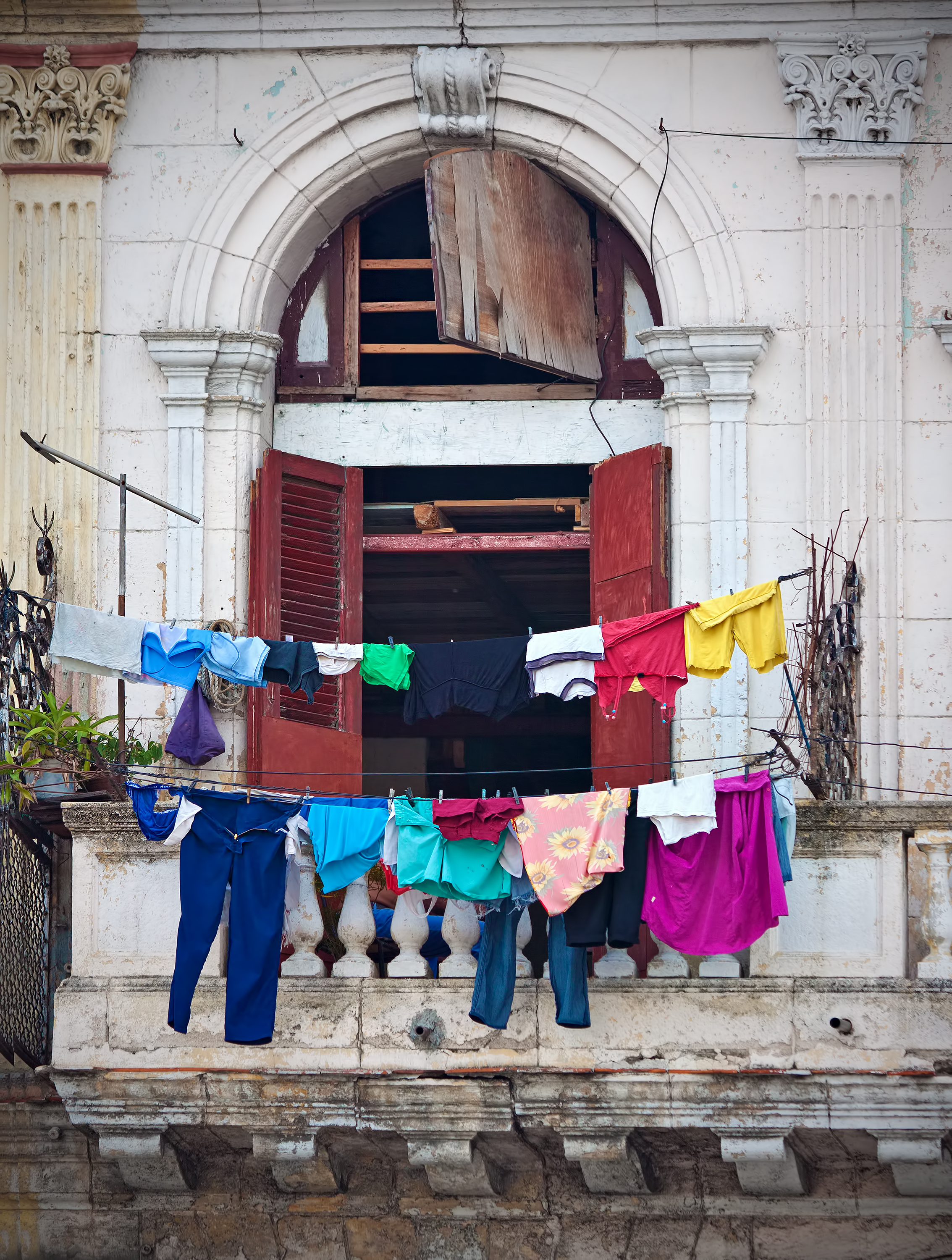
Perhaps, if the locals were not so cheerful and not so charming, Cuba could be like North Korea, just located at the other end of the world. The difference between us and the Cubans is enormous, like the marlin that the Hemingway's Santiago caught from the local shore. We envy for their health, sociability, flexibility, their clean beaches and the hot sun... And they envy us, because we do not live in Cuba. Perhaps, give any Cuban a chance – and he will willingly exchange both Liberty Island, salsa rhythms, and the ocean itself for the quiet, peaceful life of a Bürger somewhere in boring and dull Europe.
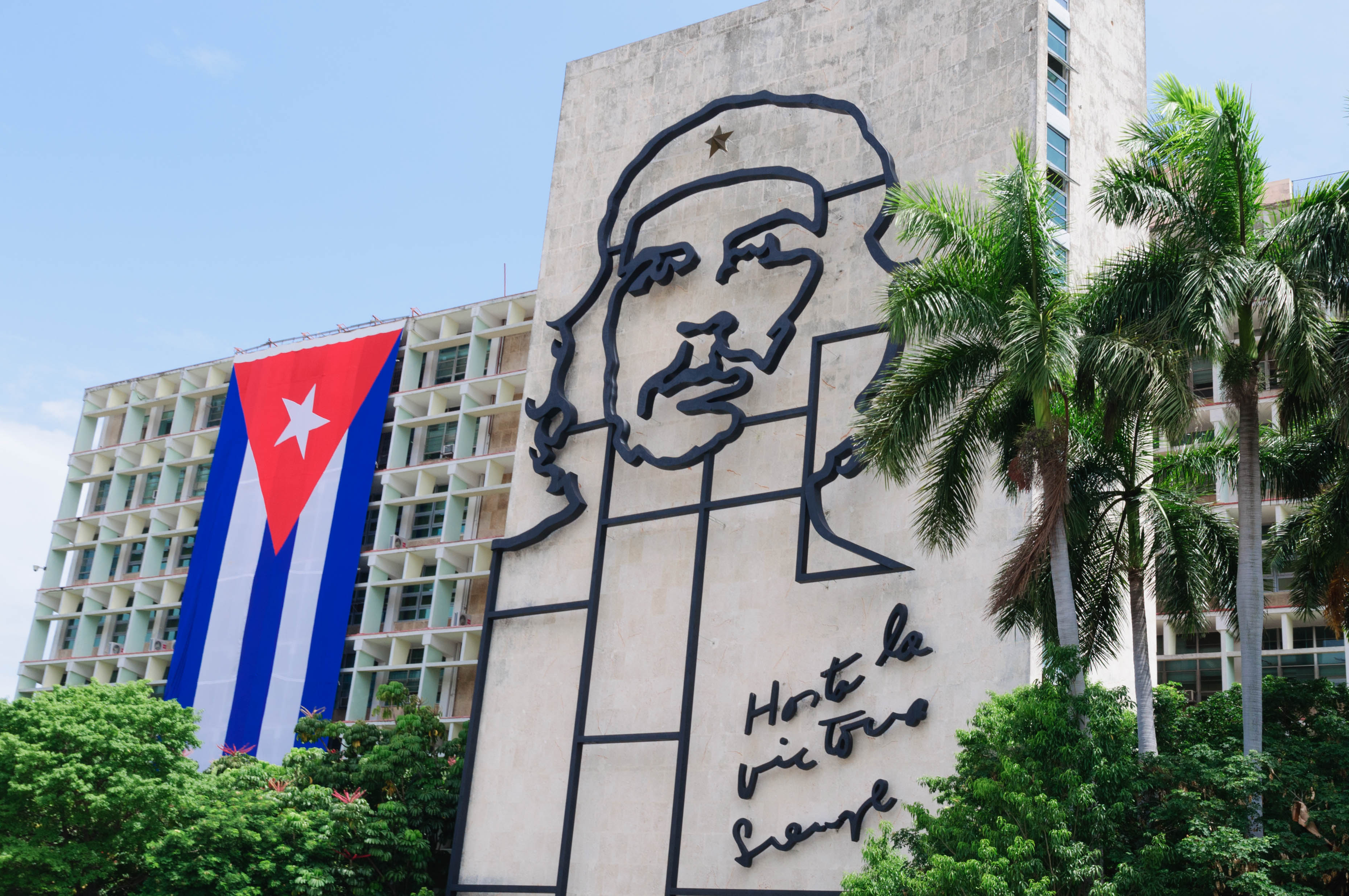
From the wall of the bar, Che Guevara gazes into the focus, as if repeating himself: “I am not a liberator. Liberators do not exist. People free themselves”. Che, as always, is right. People free themselves. And they take from freedom exactly as much as they can swallow. And sometimes too much freedom, like an improperly prepared cocktail with Cuban rum, burns the throat so much, that it is impossible to breathe...
Cuba has two types of currency: the Cuban peso and the Cuban convertible peso (CUC). The first is for local residents, the second is exclusively for tourists. Although Cuba is surrounded by the ocean from all sides, there is practically no fish caught here – there are no boats and other floating facilities. There is also no beef in Cuba’s markets: all cows belong to the state, and for killing an animal, one can be imprisoned for twenty-five years. The story "The Old Man and the Sea", for which Hemingway received the Nobel Prize, is based on real events: in the immemorial years, one Cuban fisherman really caught a marlin five meters long. Shark devoured it on the way back.
Text: Anar Mammadov











